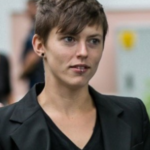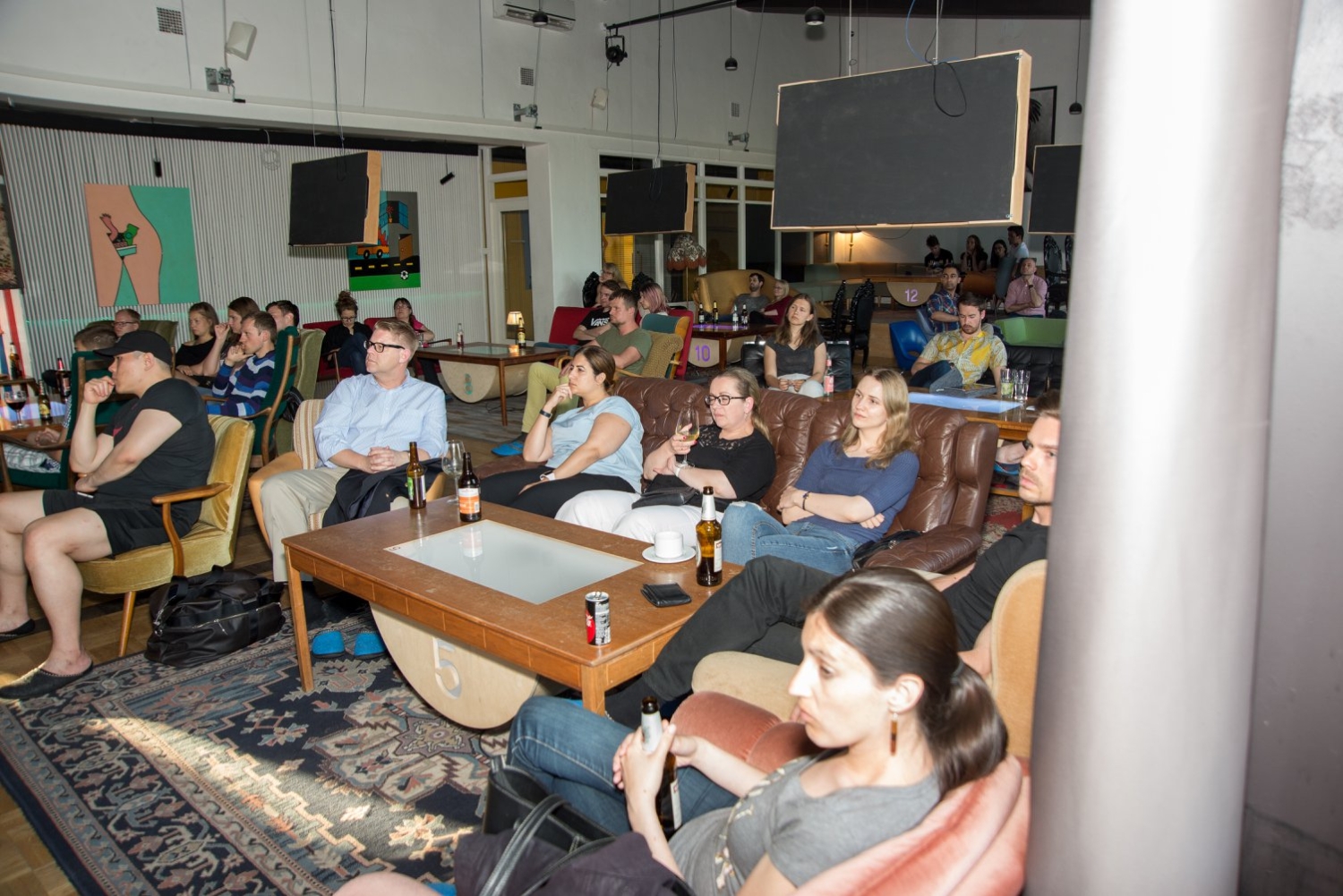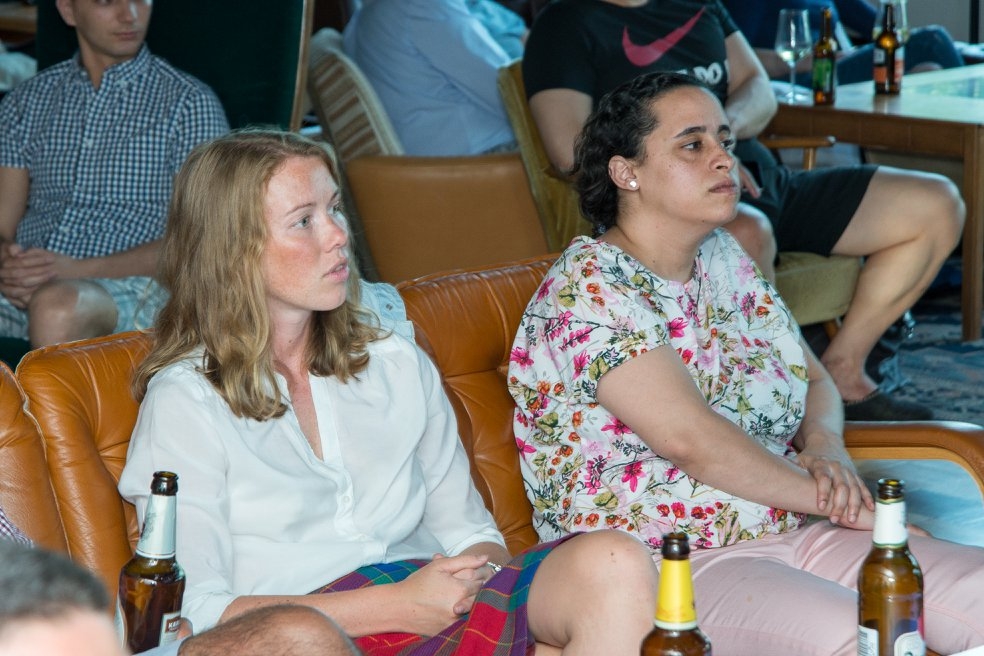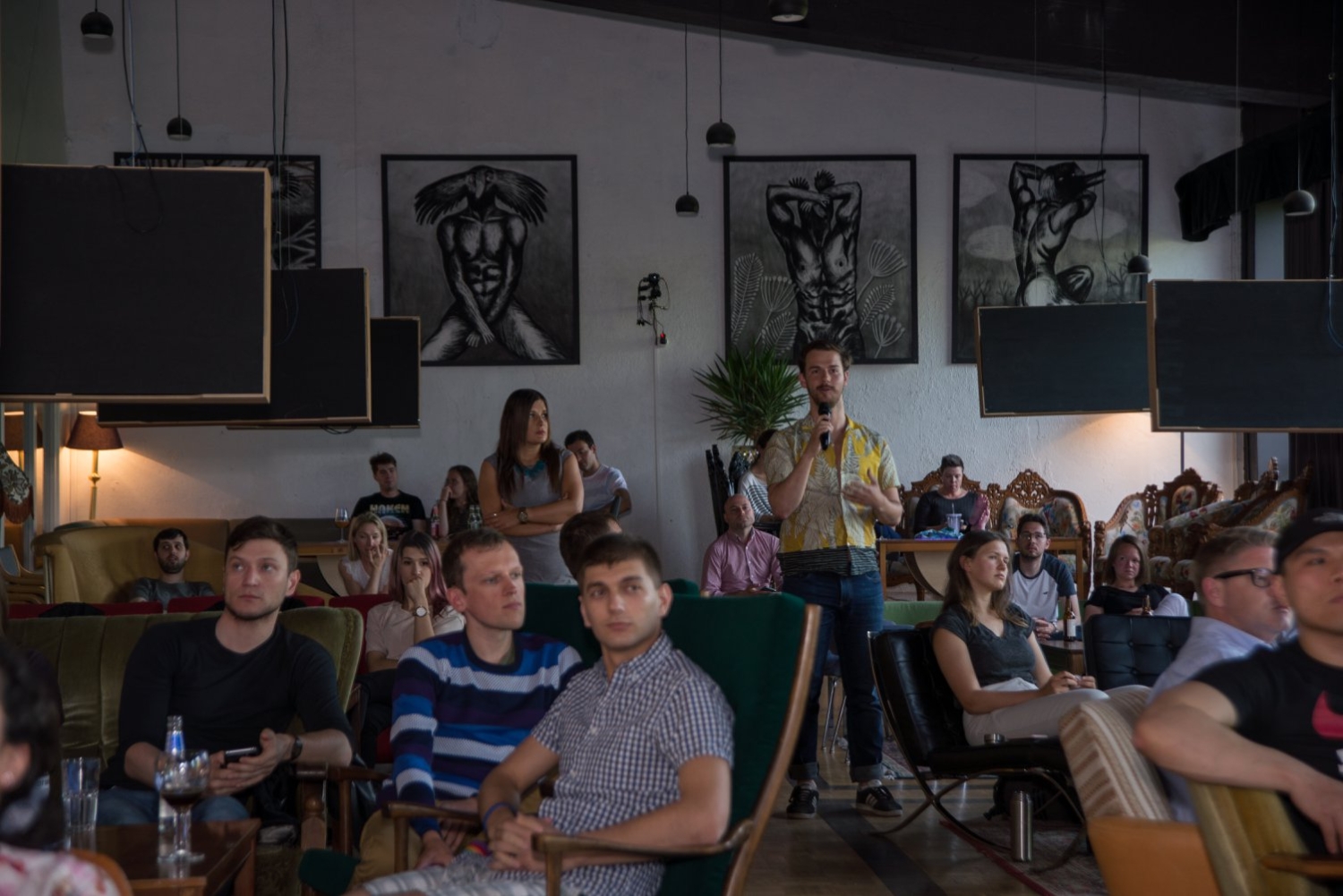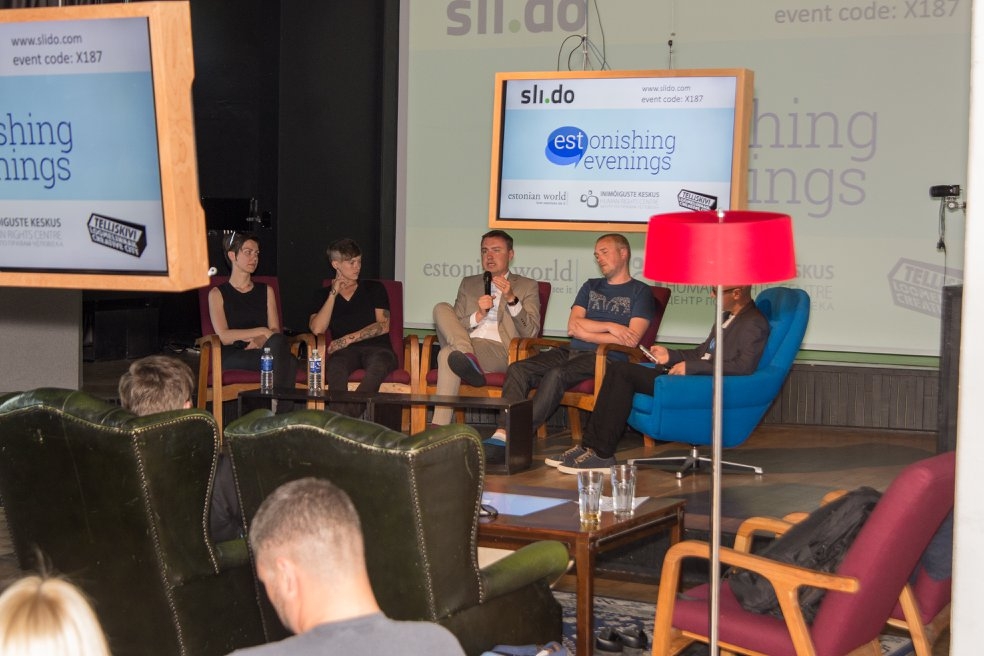“It’s not that gays and diversity equal high technology. But if your culture is not such that it can accept difference, and uniqueness and oddity and eccentricity, you will not get high tech industry.”
― Richard Florida, The Rise of the Creative Class: And How It’s Transforming Work, Leisure, Community, and Everyday Life
At our May event, organised in cooperation with the Estonian Human Rights Centre, Estonishing Evenings will take a closer look at tolerance and diversity in Estonia. Would more tolerance bring Estonia more talent? How tolerant are Estonians? Where are we heading at, and what is at stake?
The evening will start with a presentation from Kari Käsper from the Human Rights Centre. Based on Richard Florida’s 3T-theory (Talent, Technology and Tolerance), Kari will introduce the role of diversity and tolerance in fostering creativity and innovation in the society.
He will take closer look specifically at Estonia, and introduce Estonia’s position according to the World Values Map, and, in particular, tolerance towards gays and lesbians as an indicator of the state of those values, based on public opinion poll trends that Estonian Human Rights Centre has tracked since 2012.
Kari Käsper founded and leads the Estonian Human Rights Centre, an independent human rights NGO. He also works as a lecturer of EU and Human Rights Law at Tallinn University of Technology. In the past, Kari led the awareness raising campaign, “Diversity enriches”, in Estonia.
The evening will continue with a panel discussion, participated by Kari Käsper, Taavi Rõivas, Mikk Salu, Sarah and Kristiina Raud.
Taavi Rõivas is the former prime minister of Estonia and currently an MP. Rõivas was the prime minister when Estonia passed the Cohabitation Act in 2016, allowing same-sex couples legally register their partnership. He showed an active support to the LGBT community before and after the law was passed in the country’s parliament.
Sarah and Kristiina Raud married legally in the United States in 2015 and the couple wanted to live in Estonia. A foreign resident has the possibility to obtain a residence permit in Estonia upon getting married to an Estonian, hence Sarah applied for one from the Estonian Police and Border Guard (PPA). However, the PPA refused to issue a permit because, in their interpretation, Estonia’s laws do not provide an opportunity to issue a residence permit to a same-sex spouse. Sarah could then only stay in Estonia with a tourist visa for three months – after which she couldn’t enter the country for three months (and so forth).
With the support by the Estonian Human Rights Centre and many donors, Sarah and Kristiina turned to court – as Sarah wished to live permanently in Estonia.
In April of this year, the Supreme Court announced its decision not to proceed with Sarah’s complaint, which means that, according to the judgment of the circuit court that entered into force, the Estonian state does not recognise the marriage between Sarah and Kristiina as the basis for the issuance of the Estonian residence permit.
Sarah and Kristiina are currently preparing to register their partnership in Estonia – which wasn’t possible back in 2015.
The event will be moderated by Silver Tambur, the editor-in-chief of Estonian World magazine.
Doors and bar will be opened at 18:30.
Tickets: 2-5 euros (cash).




